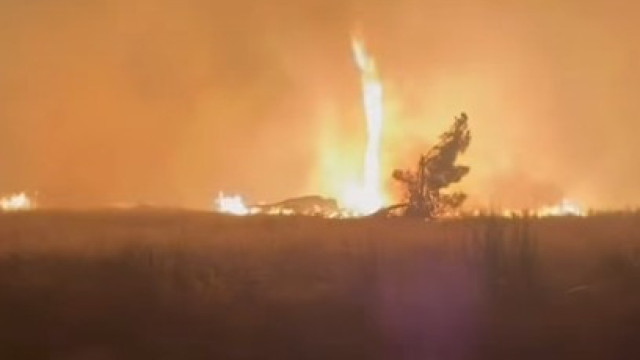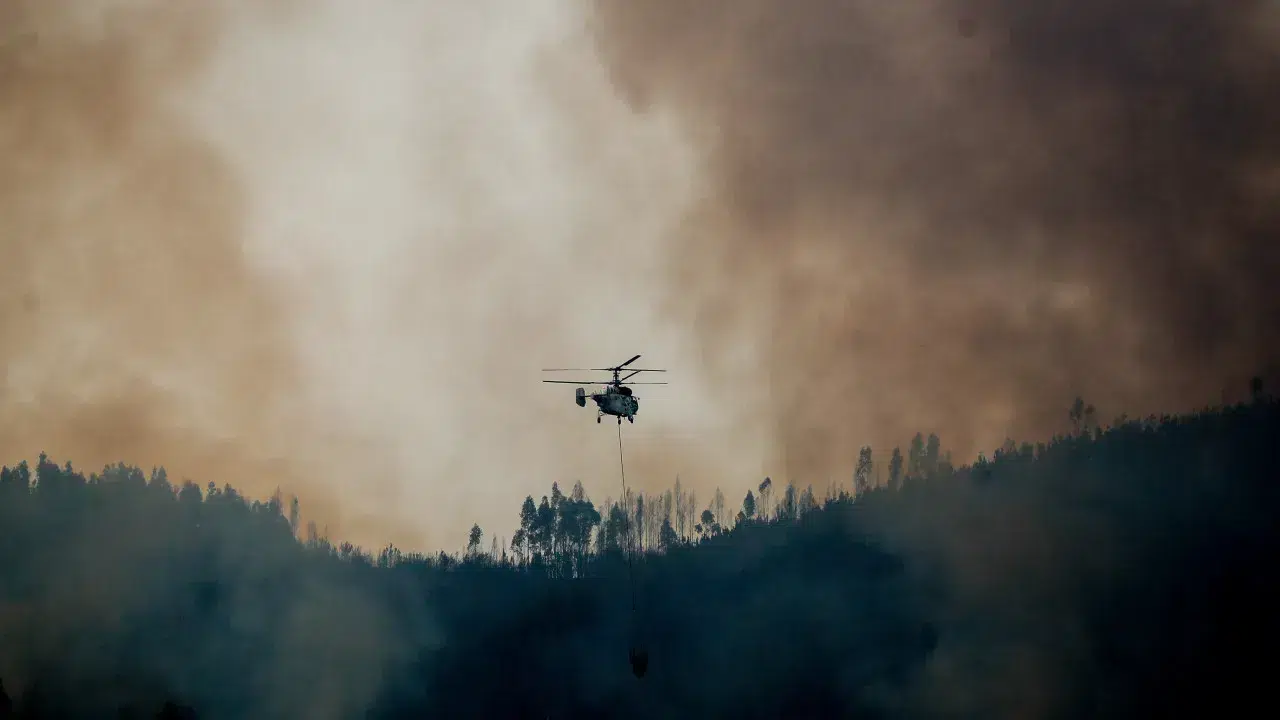
Former Secretary-General of the Socialist Party (PS), Pedro Nuno Santos, scrutinized the wildfires that devastated the country’s interior in recent weeks. On Thursday, August 21, he shared his concerns on social media, examining the fires through the lens of insufficient investment.
In his post titled “the country that doesn’t go on vacation,” the Socialist deputy highlighted that there is a “country that doesn’t go on vacation, but is only talked about during the holidays.”
“Abandoned homes and lands, elderly people alone in the interior, families living on low wages, and young people with no future prospects in their birthplace,” he commented, explaining the situation in this “country,” which is increasingly divided between the Coast and the Interior.
“More than 2/3 of the national territory is systematically absent from major national debates and the State budgets, even though it appears on our televisions every day in August. Come October, it will vanish from our screens. And just like the territory, the people living there will be forgotten for the rest of the year. It has been like this for decades and we all bear some responsibility. When it counts, the little national public investment is directed to the Coast, mostly to the same spots. They tell us that’s where the people are. Indeed, and if we continue with this strategy, even more will reside there,” he argued. “The roads, schools, and health centers we build on the Coast will never suffice unless we seriously invest in the development of the interior.”
Therefore, Pedro Nuno Santos stated, “continuing to rely on the market to develop the Interior is merely repeating the mistake. The market and the absence of the State are responsible for the interior’s depopulation. We need the State, a strategy, and serious public investment.”
“And it’s pointless to argue about financial costs. A country focused on the Coast is much more expensive: unregulated urban growth, high housing costs, congestion, and lost hours in traffic, pressure on public services in major urban centers, unfeasible public services in the Interior, and a high environmental cost,” he emphasized, ending the text with a paradox.
“It is paradoxical that the country, which always complained about being small, has reduced itself to a narrow coastal strip,” he concluded.
Mainland Portugal has faced multiple large-scale rural fires since July, predominantly in the country’s Northern and Central regions. Three people have died, and several others were injured, alongside numerous damages.
According to provisional official data, by August 21, 234,000 hectares had burned nationwide, over 53,000 of which were in the Arganil fire alone.
On Thursday, August 21, the Council of Ministers announced a package of 45 measures to support people and companies affected by the fires, including “financial support to families for necessary expenses when economic deprivation is proven,” support for purchasing immediate goods, notably animal feed, and assistance in rebuilding primary residences, with a 100% subsidy up to 250,000 euros.




